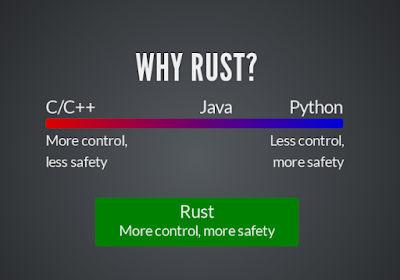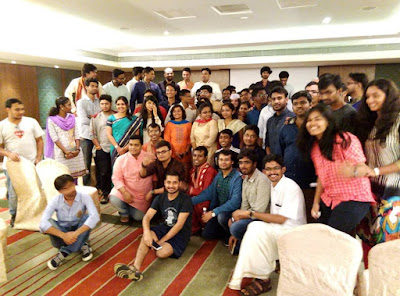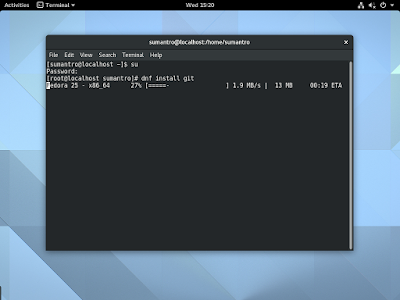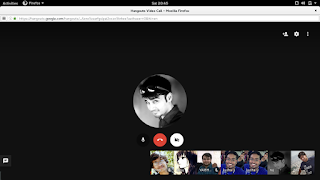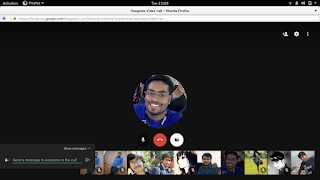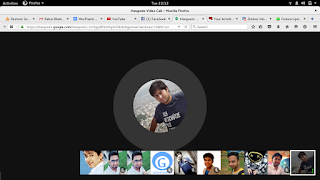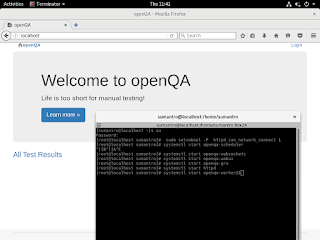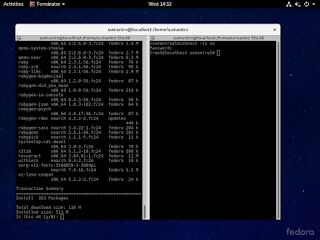FUDCon Phnom Phen , Cambodia

This post is going to be about FUDCon APAC 2016 where I presented on Fedora QA and Web VR . My journey started from Bangalore , IN via Thailand and ending at Phenom Phen Cambodia. Although it was a long journey but it was fun ! Let me start from the point which were of vital significance , I met Kushal , Anwesha , Sayan and Parag during my layover in Thailand . Just after the touchdown , I remember myself running for Visa on Arrival and Custom clearance . Yekleang Dy greeted us and it was awesome . Focusing back on the event , Day 1 started with Brian talking about Fedora State of the Union talk from Brian Exelbierd , Fedora Community Action and Impact Lead. Then all the parallel session started . The very first session I attended was Kanika's - Programming with Rust , which one a very interactive session with a bunch of college students . Followed by lunch where Srijan , me and Parag had a long discussion and planned
